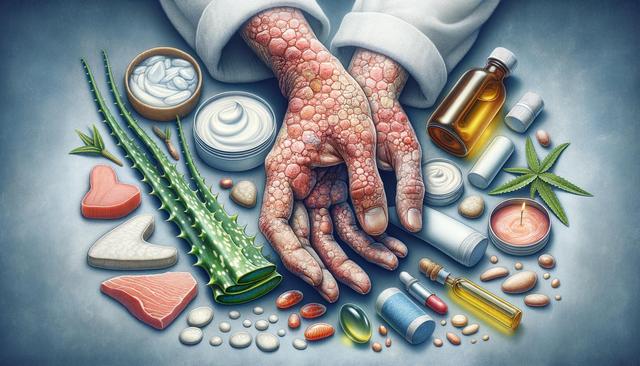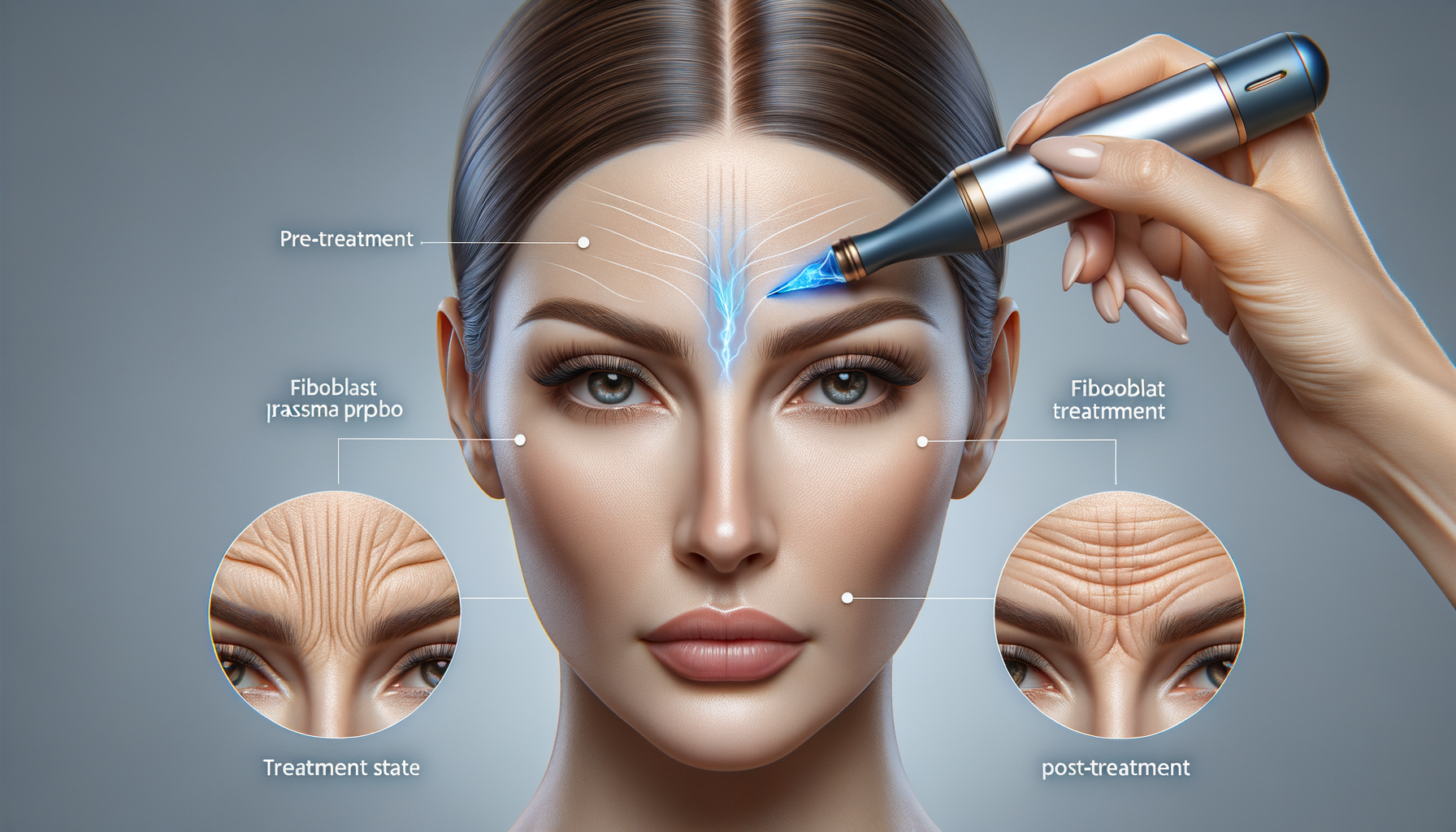Recognizing the Symptoms of Genital Psoriasis
Psoriasis can affect various parts of the body, including sensitive areas like the genitals. When it presents on the penile head, it often appears as red, shiny patches that may be smooth rather than scaly, due to the nature of the delicate skin in this region. Recognizing these symptoms early can improve the effectiveness of treatment. Individuals searching for “Psoriasis On Penile Head Treatment” often report discomfort, itching, and emotional distress due to the condition’s location. Unlike psoriasis on other parts of the body, genital psoriasis requires gentler treatment to avoid irritation.
It’s important to distinguish genital psoriasis from other skin conditions like infections or dermatitis. Common symptoms include:
- Red or pink shiny patches
- Burning or itching sensation
- Dry, cracked skin in the affected area
If you suspect that a skin issue on the penis might be psoriasis, it’s advisable to consult a healthcare provider for a proper diagnosis before starting treatment.
Treatment Options for Penile Psoriasis
Treating psoriasis in intimate areas demands a careful balance between efficacy and skin sensitivity. For those exploring “How To Treat Psoriasis On Penis,” several topical therapies are commonly recommended. These include low-potency corticosteroids, calcineurin inhibitors, and specially formulated moisturizers. These treatments can reduce inflammation and help maintain skin hydration, which is vital for minimizing flare-ups.
When considering the “Best Cream For Penile Psoriasis,” it’s important to look for products that avoid fragrances or harsh chemicals. Low-strength steroid creams might be prescribed initially, but prolonged use should be monitored by a healthcare provider due to the risk of skin thinning. In some cases, non-steroidal treatments are preferred for long-term management.
Other treatment approaches may involve:
- Phototherapy (under medical supervision)
- Barrier creams to protect the area
- Systemic medications for severe cases
Consistency in treatment and follow-up care is crucial, as genital psoriasis often requires ongoing management rather than a one-time solution.
Advice from Dermatologists
Seeking expert guidance is essential when dealing with psoriasis in sensitive areas. “Dermatologist Tips For Genital Psoriasis” often focus on minimizing irritation and avoiding triggers that can cause flare-ups. Dermatologists typically recommend a skincare routine that emphasizes gentle cleansing and regular moisturizing.
Key dermatologist tips include:
- Avoiding tight or synthetic clothing that may cause friction
- Using hypoallergenic soaps and moisturizers
- Applying prescribed treatments exactly as directed
- Monitoring for signs of infection or worsening symptoms
In some cases, dermatologists may also recommend lifestyle changes such as stress management, dietary adjustments, and quitting smoking, as these factors can influence the severity of psoriasis outbreaks.
Importantly, open communication with your healthcare provider can lead to a personalized strategy that takes into account your skin type, symptom severity, and lifestyle needs.
Natural Alternatives and Home Remedies
For those interested in “Natural Remedies For Penile Psoriasis,” there are several options that may help manage symptoms without the use of pharmaceuticals. While not a replacement for medical treatment, these remedies can offer additional relief and promote skin health.
Natural remedies that are commonly used include:
- Aloe vera gel – known for its soothing and moisturizing properties
- Coconut oil – helps retain moisture and reduce itching
- Oatmeal baths – can calm inflamed skin and relieve irritation
- Chamomile extract – offers anti-inflammatory effects
It’s crucial to test any natural product on a small skin patch first to ensure there’s no allergic reaction. Also, always consult a healthcare provider before beginning any new remedy, especially when used in such a sensitive area.
While natural remedies can complement medical treatments, they should not be relied upon as the sole form of management, particularly for moderate to severe cases.
Long-Term Management and Emotional Well-being
Living with genital psoriasis can have an emotional impact due to its physical discomfort and potential effect on intimacy. Managing this condition over the long term involves more than just applying cream—it includes self-care, emotional support, and lifestyle adjustments.
Many people find relief in support groups or counseling, especially when dealing with the stress that can accompany chronic skin conditions. Stress is also a known trigger for psoriasis flares, so adopting relaxation techniques like meditation or yoga may be beneficial.
Helpful strategies for long-term care include:
- Maintaining a regular skincare routine
- Keeping track of personal triggers
- Staying informed about new treatment options
- Scheduling regular check-ups with a dermatologist
Ultimately, managing genital psoriasis is a personal journey that combines medical treatment, lifestyle habits, and emotional support. With the right tools and guidance, many individuals can maintain comfort and confidence.
Conclusion
Psoriasis in sensitive areas such as the penis can be challenging, but there are multiple treatment paths available that respect both the skin’s delicacy and the individual’s lifestyle. Whether you’re exploring medical options like the “Best Cream For Penile Psoriasis” or considering “Natural Remedies For Penile Psoriasis,” a thoughtful, informed approach guided by a healthcare professional is key. Don’t hesitate to seek expert advice, and remember that managing psoriasis is a continuous process that benefits from consistency, support, and self-awareness.




Leave a Reply